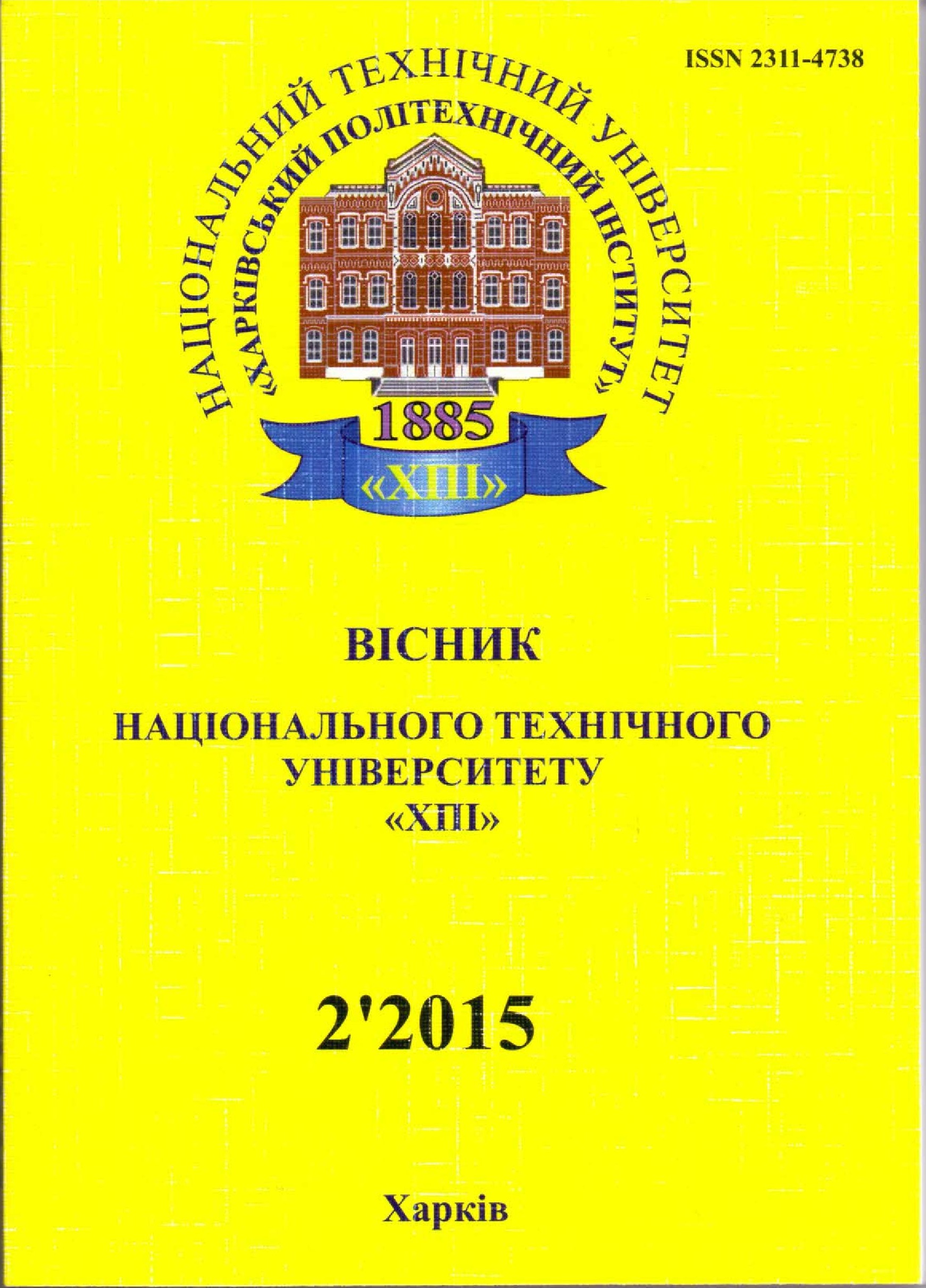МULTI-STAKEHOLDER MODEL OF EDUCATION PROJECT QUALITY MANAGEMENT
DOI:
https://doi.org/10.20998/2413-3000.2015.1111.2Keywords:
stakeholders, quality management, educational project.Abstract
The analysis of approaches to the definition of higher education projects’ stakeholders is conducted. A model of education project quality management with the influence of stakeholders is formed. A mechanism of recognition of new groups of project’s stakeholders on the basis of set theory is offered.
References
Стратегія реформування вищої освіти в Україні до 2020 року (проект). – Режим доступу: http://www.mon.gov.ua/img/zstored/files/HE%20Reforms%20Strategy%2011_ 11_2014.pdf. – Дата обращения: 21 ноября 2014.
Кадыкова И.Н. Управление ожиданиями заинтересованных сторон для обеспечения жизнеспособности продукта проекта информатизации / И.Н. Кадыкова, И.В. Чумаченко // Управління розвитком складних систем. – 2014. – №19. – c. 34-38.
Солодухин К.С. Стратегическое управление вузом как стейкхолдер-компанией / К.С. Солодухин. – СПб.: Изд-во Политехн. ун-та, 2009. – 290 с.
Meyer M.H. & Bushney M.J. 2008, “Towards a multi-stakeholder-driven model for excellence in higher education curriculum development”, South African Journal of Higher Education, vol. 22, no. 6, pp. 1229-1240.
Петров М.А. Теория заинтересованных сторон: пути практического применения / М.А. Петров. // Вестник СПбГУ. Сер. 8 – 2004. – №16. – c. 51-68.
Downloads
Published
Issue
Section
License
Copyright (c) 2015 Юлия Юрьевна ГУСЕВА, Марина Владимировна КАНЦЕВИЧ, Игорь Владимирович ЧУМАЧЕНКО

This work is licensed under a Creative Commons Attribution-NonCommercial-ShareAlike 4.0 International License.
Our journal abides by the Creative Commons copyright rights and permissions for open access journals.
Authors who publish with this journal agree to the following terms:
Authors hold the copyright without restrictions and grant the journal right of first publication with the work simultaneously licensed under a Creative Commons Attribution-NonCommercial-ShareAlike 4.0 International License (CC BY-NC-SA 4.0) that allows others to share the work with an acknowledgement of the work's authorship and initial publication in this journal.
Authors are able to enter into separate, additional contractual arrangements for the non-commercial and non-exclusive distribution of the journal's published version of the work (e.g., post it to an institutional repository or publish it in a book), with an acknowledgement of its initial publication in this journal.
Authors are permitted and encouraged to post their published work online (e.g., in institutional repositories or on their website) as it can lead to productive exchanges, as well as earlier and greater citation of published work.

